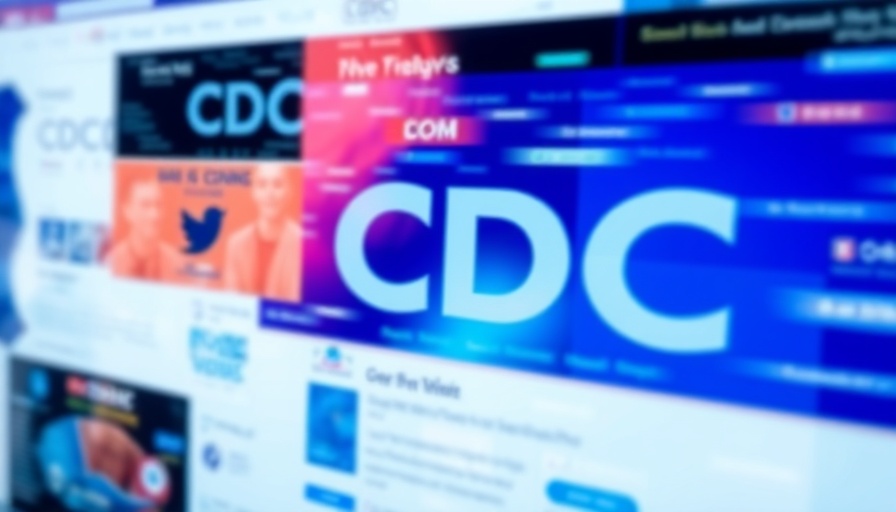
CDC's Email Error: A Case Study in Miscommunication
Imagine receiving an email late at night that sparks immediate concern and confusion. For numerous U.S.-based scientists supported by the CDC, this became a reality. A rushed email, marked "URGENT," contained a 10-page questionnaire demanding details on federally funded projects, stemming from a directive linked to former President Trump’s reassessment of foreign aid policies. However, many recipients were bewildered by this sudden demand as they had no overseas operations to report.
Immediate Reactions and Ramped-Up Discontent
The chaos instigated by this ill-timed communication was palpable across universities and public health organizations. Emails instructed recipients to respond by 8 a.m. on Saturday, yet the survey noted a deadline of 11:59 p.m. Friday. Such conflicting timelines left researchers feeling rushed and questioning the efficiency of the CDC’s operations. In interviews, individuals described the sense of panic that ensued—a foreseeable disturbance that further strained communications within organizations already burdened with responsibilities.
A Look at the Broader Implications
This incident shines a light on how administrative actions can ripple through grassroots efforts in public health. With the Trump administration's legacy of scrutinizing foreign aid, this survey prompted immediate unease about funding and support for vital research work. The situation illustrates how political directives can inadvertently overshadow the missions of researchers focusing on public health.
Responding to Mistakes: A Call for Better Management
The CDC’s blunder serves as a reminder of the need for clearer communication strategies, especially during politically charged times. It's crucial for agencies to ensure that vital requests for data are clear, timely, and conducive to promoting the collaborative spirit intended in public health endeavors. As organizations rally to address community health needs, they deserve orderly communication without the additional burden of unnecessary panic.
Why This Matters to You
This incident demonstrates that communication in science and health can significantly impact research outcomes and funding. For individuals and organizations engaged in public health, understanding the implications of such administrative errors is vital. As the landscape shifts with new policies and directives, fostering open lines of communication can help mitigate misunderstandings—sharing the values that elevate the critical work happening in communities nationwide.
In closing, a moment of clarity or timely communication may lead to more effective solutions in public health initiatives. To leverage your understanding of these dynamics, remain proactive in your advocacy for clear communications with public agencies.
 Add Row
Add Row  Add
Add 




Write A Comment